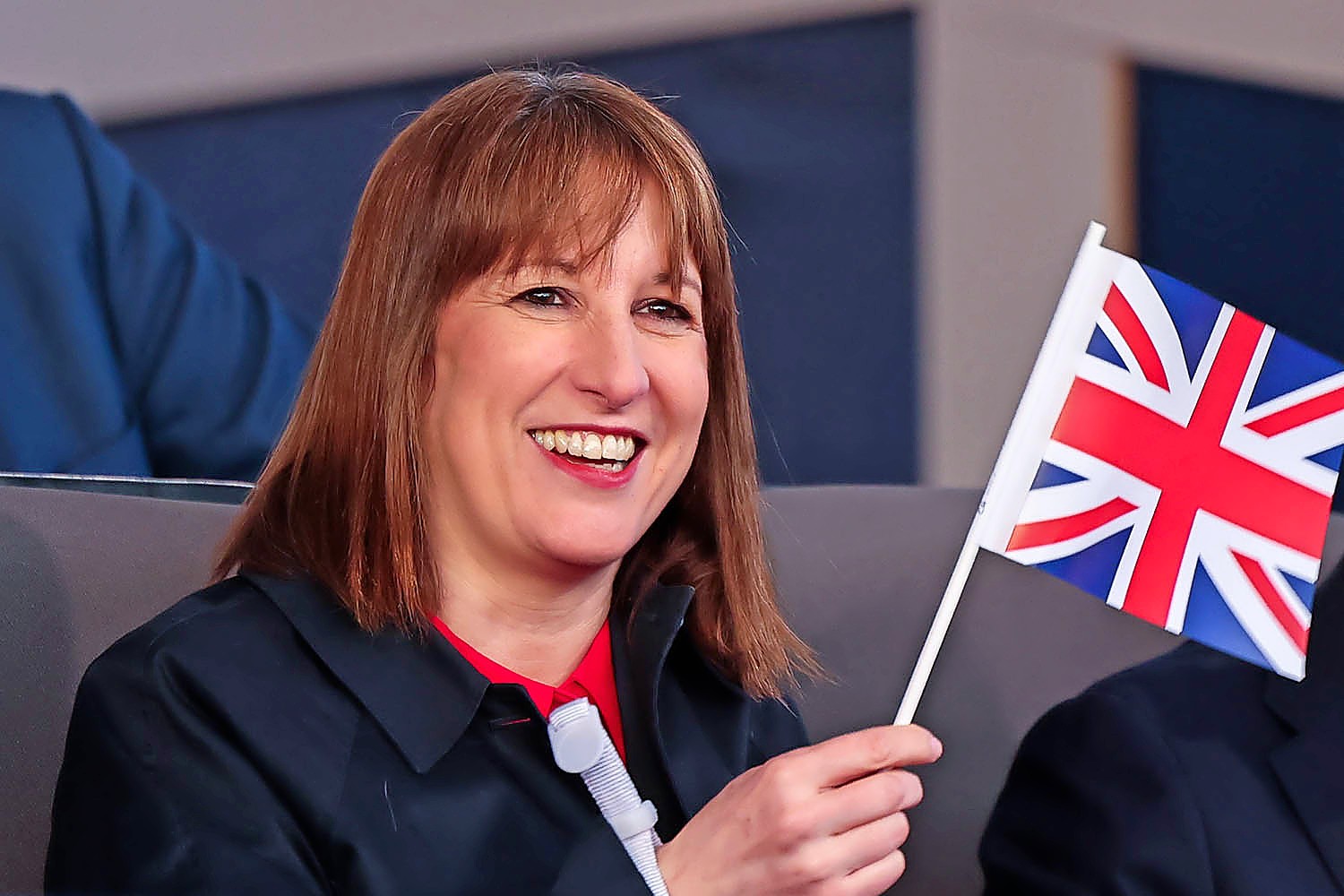Having been born the day the Mallard broke the steam locomotive speed record of 126mph between Grantham and Peterborough – 3 July 1938, since you ask – I have vivid memories of the second world war.
VE Day was welcome for obvious reasons, and in particular in our area of west Wimbledon, because it meant there would be no more V-1s dropping out of the sky in unnerving silence, as their engines cut off before descent. One destroyed the church at the end of our road, with the blast shattering our windows. Luckily, we were protected by the Anderson shelter in the garden.
I remember asking my father, who was serving in the Home Guard: “Does this mean there will be no more news?”
There has been plenty of news ever since, not least last week, when much was rightly made of VE Day celebrations of the importance of Nato in keeping the peace in Europe after the war. But the importance of the European Union must not be forgotten either. It was the brainchild of French statesmen Jean Monnet and Robert Schuman, the idea being to bind formerly antagonistic European nations together politically by economic means, on the basis that countries that trade with each other tend not to go to war with each other.
Gordon Brown understood this. In his early days as chancellor, Brown used to arrive at EU meetings with an obvious lack of enthusiasm and give the impression he could hardly wait to leave. But when the chips were down and the 2016 referendum produced a leave result, Brown’s strong pro-Europeanism came to the fore.
I nearly fell off my chair when Reeves said our trade with the EU was ‘arguably’ more important than that with the US
I nearly fell off my chair when Reeves said our trade with the EU was ‘arguably’ more important than that with the US
Mark Carney understands this too. As governor of the Bank of England, he knew what a disaster Brexit was. Carney also knows what a disaster Donald Trump is: he is standing up for Canada but also for the rest of what we used to call the free world. The tariff war is itself an unmitigated disaster for US “trading partners” but also, ironically, for the US itself. It is not just the tariffs, but also the chaos and uncertainty unleashed on world markets, clobbering investment plans and consumer spending.
So we come – I know you have been eagerly waiting for this – to the British government’s “trade deals” with India and the US. It’s already manifest that these are murky deals, full of holes, and that neither market comes anywhere near in importance to our neighbours in the European Union, the customs union and the single market.
The VE Day celebrations have been wonderful, but, as the Polish prime minister reminded the BBC last Thursday, the result of the war was not so good for eastern Europe, which remained under the aegis of the Soviet Union until the fall of the Berlin Wall in 1989 and the collapse of the Soviet Union in 1991 – a union Vladimir Putin wishes to restore. Nor should it be forgotten that Spain and Portugal remained under dictatorships until the 1970s.
They all had to wait decades to experience the benefits of frictionless trade across the continent – and to watch in bemusement as Britain jettisoned them.
Now there is much talk and negotiation about “resetting” our relationship with the EU. I nearly fell off my chair when the chancellor said recently that our trade with the EU was “arguably” more important than that with the US. Arguably?
Newsletters
Choose the newsletters you want to receive
View more
For information about how The Observer protects your data, read our Privacy Policy
This seems to have been an attempt by Rachel Reeves not to upset the prime minister in his obsession with trying not to offend the president of the US.
But my impression is that, however much she parrots the “red lines” mantra – no return to the customs union, single market or free movement – Reeves has got the message that our future requires crossing those red lines.
Are the prime minister and chancellor about to fall out over this?
It’s possible. It will also be interesting to see how they handle the obvious interpretation of the recent local authority elections; namely, the electorate’s dissatisfaction with the government’s litany of mistakes – over the winter fuel allowance, disability benefits and national insurance charges.
According to the Camden New Journal, the prime minister has been told he cannot move his constituency offices into a planned new location because it is owned by a disability charity that objects to Reeves’s cuts in disability benefits. These are deep waters.
Keir Starmer and Reeves should take this moment, as the EU reset summit approaches and long memories of war fade, to remind themselves that what they agree on dwarfs what they don’t – and the same is true of Britain and Europe.
Photograph by Chris Jackson/Getty

